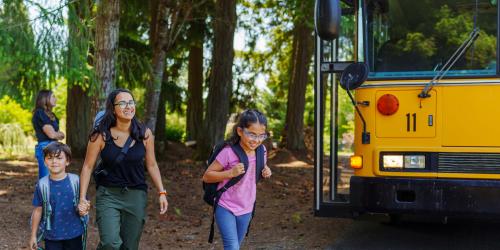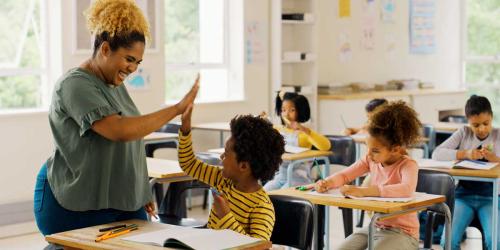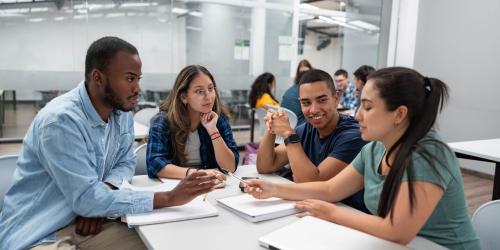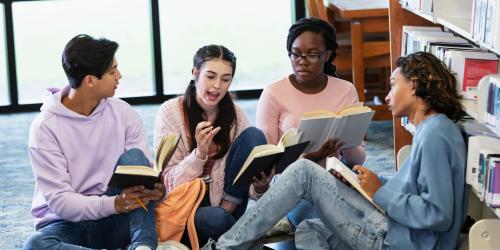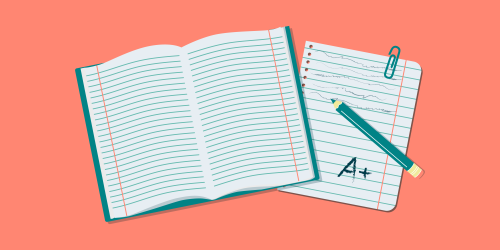SEL is critical to student success, but how do you know your supports are working? On our blog, Researcher Karyn Lewis walks you through key considerations on how to measure SEL.
We are inspired by the people we are honoring as we observe Hispanic Heritage Month. We are focusing on people who are doing meaningful work and have the potential to create wonderful legacies as leaders and role models.
Providing students with structure and boundaries doesn't have to take a big effort and can help young people learn more effectively.
Starting college can be stressful for all students but in particular for those who have experienced trauma. How can educators help?
Guest Blogger Jason Younker writes on the challenges colleges face in identifying their American Indian and Alaska Native students and the solution that U of O developed to better serve the community.
Mandy Smoker Broaddus writes on how Montana is creating language-immersion elementary classrooms as one strategy to restore and revitalize Native languages.
Incorporating youth voice into academic settings requires educators and other adults to be mindful and think critically about when they need to step up (and step out) to best support youth.
With ESSA placing states and districts in the driver’s seat when it comes to school improvement, what lessons can be learned from the School Improvement Grant (SIG) program?
What is social and emotional learning (SEL)? What about nonacademic skills; workplace-essential skills; 21st-century skills; and mindsets, essential skills and habits (MESH)?
Education Northwest’s adult learning team works with organizations to help strengthen the delivery and effectiveness of their training programs.
This REL Northwest study explores the relationship between students’ participation in dual-credit programs and their education outcomes.
A study found disparities in advanced course enrollment among students from different language groups. What can schools do to increase advanced course enrollment and success for English learners?
Students with dyslexia are intelligent but struggle to "crack the code" of written language. What can educators do to best support them in the classroom?
This study has found that high school GPA was better than college entrance exam scores at predicting college course grades for recent Alaska high school graduates.
When students are struggling in reading and writing, a promising approach is to emphasize the connections through strategies like sentence starters and mentor texts. Our author gives insights.







